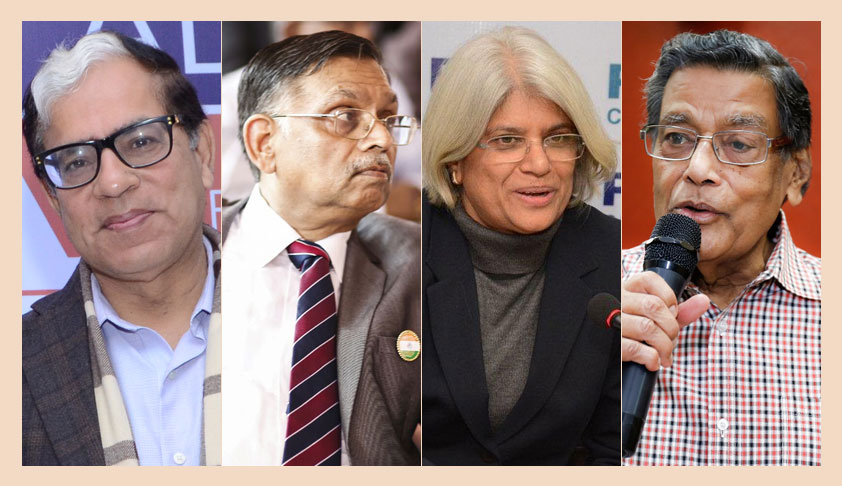PIL Seeking Ban On Public Discussion On Impeachment Motion Against Judges: SC Refuses To Frame Guidelines
Mehal Jain
7 May 2018 1:07 PM IST

Next Story
7 May 2018 1:07 PM IST
The Supreme Court bench of Justices A. K. Sikri and Ashok Bhushan on Monday adjourned the hearing to the third week of July in the PIL seeking the restriction of the media from publishing, broadcasting, printing, transmitting, or circulating any information as to discussions and deliberations pertaining to the proposed impeachment of Supreme Court and High Court judges, in the light of the...
